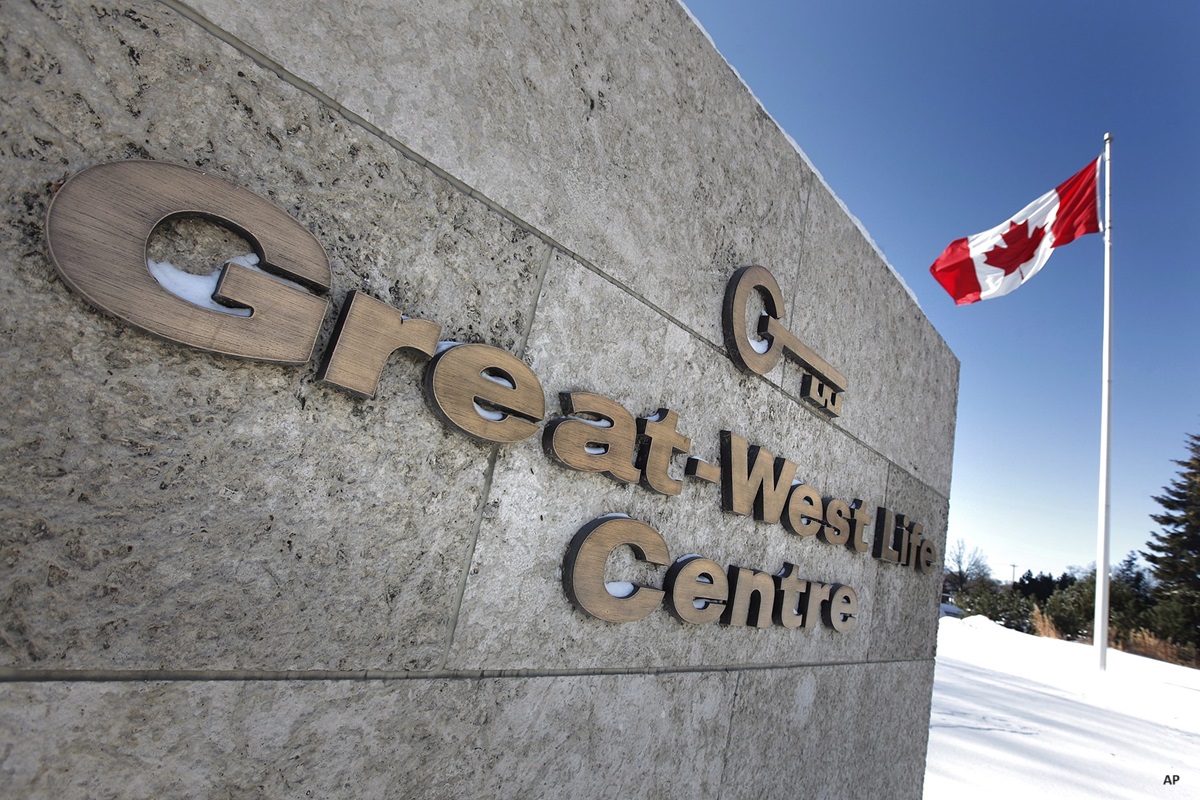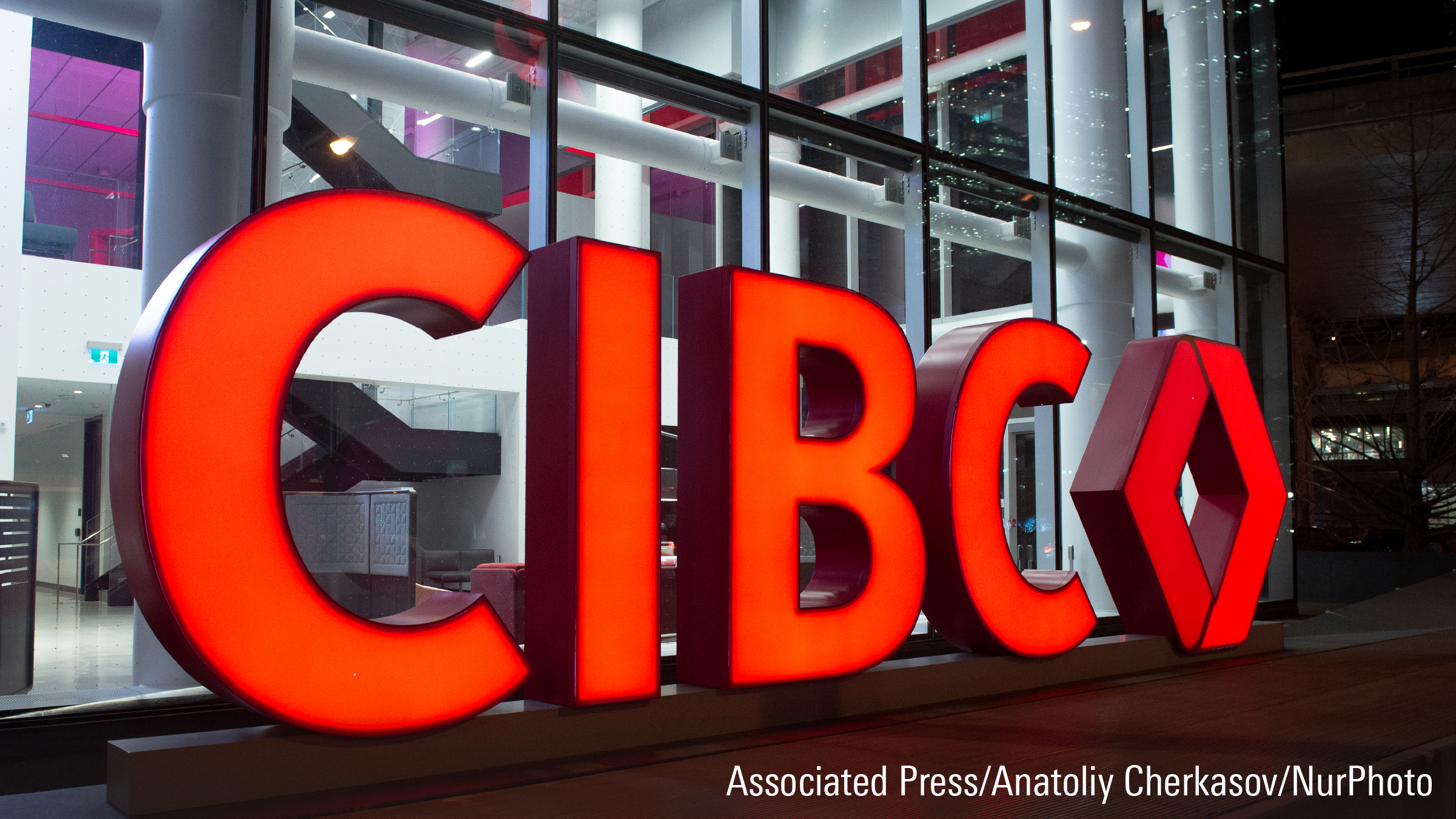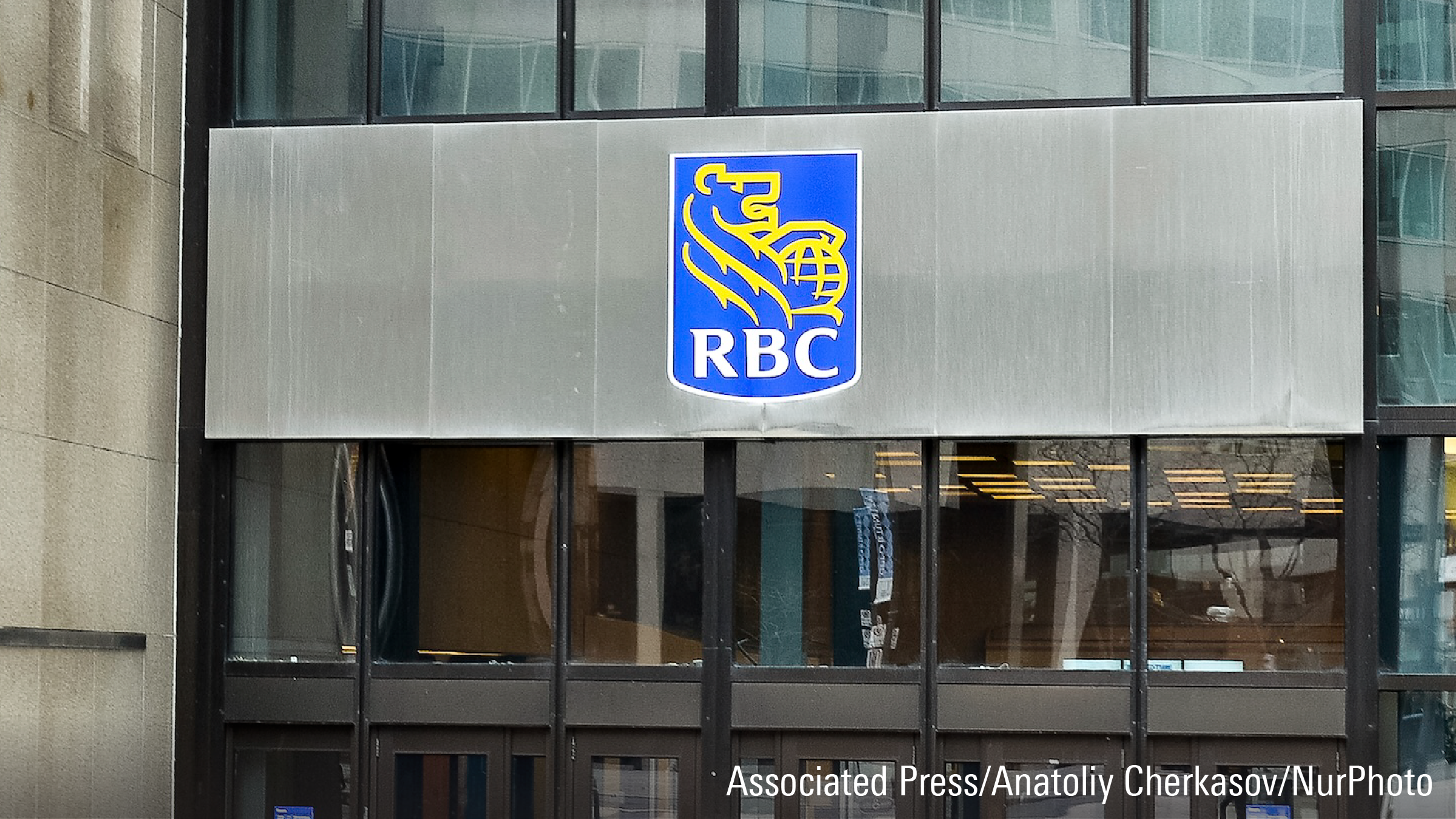
Investors love dividends. And they may continue to love that regular income with what we see on the horizon – especially for those holding companies with distributions to grow.
“In 2021, the outlook for dividends is positive. It's of course very hard to know what's going to happen in the short term. But we know that over the very long term, dividend-paying stocks are good bets, they tend to be solid businesses. A substantial portion of the long-term total return from equity markets comes from reinvested dividends from dividend growth. Dividend businesses tend to be solid, more stable in their cash flows. And the commitment that a dividend payer makes to pay out some cash to shareholders on a regular basis, instils discipline and causes corporate management to steer a prudent course,” points out Dan Lefkowitz, strategist at Morningstar in Chicago.
Lefkowitz believes investors will be rewarded if they hold dividend players going ahead. “If you look at Morningstar index families that track dividend-paying stocks around the world, they badly underperformed broad global equity benchmarks. The pandemic and the related economic downturn hit many dividend-related sectors very hard. And then as equities rebounded across the world, that bounce back was really led by technology-related businesses that are not so rich in dividends. If you look at growth stocks versus value stocks over the course of 2020, the gap between growth and value was the largest since the late 1990s the dotcom, TMT bubble. Dividend payers tend to be on the value side of the market. Now with the market anticipated economic recovery and a return to normal, economically sensitive sectors of the market will benefit, including a lot of dividend payers,” he says.
But while dividend-payers may benefit in the recovery – we want to make sure the cash flow lasts. As my colleague Robert van den Oever pointed out, investors must assess whether the company is financially healthy enough to continue its dividend payments in the future at the same amount, or in the best case, let the dividend grow (either in absolute terms or in payout as a percentage of the profit-per-share). If the company can’t make payments, they could cut dividends, or worse. In how to spot a dividend trap, you can find three causes of an attractive yield that is too good to be true - one, very high pay-out ratios; two, high indebtedness; and three, the difference between profits and cash.
Last quarter, we talked about 5 Moat-y Dividend Stocks, to help you get a decent dividend that continues to grow. Today, let’s look at stocks in our coverage universe that have not cut their dividends in the past 20 years. Of the seven names that showed up on the screen, pulled by Morningstar Canada’s director of investment research Ian Tam, three have a competitive edge, called an ‘Economic Moat’. An important thing to note is that none of these stocks are ‘cheap’. They’re all trading at or above our fair value estimates. Here is the list:
|
Ticker |
Name |
Moat Rating |
Moat Trend |
Morningstar Stock Rating |
Trailing Dividend Yield (%) |
Expected Dividend Yield (%) |
|
None |
Stable |
*** |
5.80% |
5.80% |
||
|
Narrow |
Stable |
*** |
4.50% |
4.50% |
||
|
None |
Negative |
**** |
3.70% |
3.80% |
||
|
Wide |
Stable |
*** |
3.60% |
3.60% |
||
|
Narrow |
Negative |
**** |
3.30% |
3.30% |
||
|
None |
Stable |
*** |
2.50% |
2.60% |
||
|
None |
Stable |
*** |
1.20% |
1.60% |
Source: Morningstar Direct
Let’s look at the name that earns a ‘Wide’ economic moat, awarded to a company whose competitive advantages we expect to last more than 20 years – TD Bank.
Toronto-Dominion is one of the two largest banks in Canada by assets and one of six that collectively hold roughly 90% of the nation's banking deposits. The bank derives approximately 55% of its revenue from Canada and 35% from the United States, with the rest from other countries. “Toronto-Dominion has done an admirable job of focusing on its Canadian retail operations and growing into number-one or -two market share for most key products in this segment. The bank also has number-two market share for business banking in Canada. With roughly $360 billion in Canadian assets under management and top-three dealer status in Canada, and being the number-one card issuer in Canada, Toronto-Dominion should remain one of the dominant Canadian banks for years to come,” says Morningstar analyst Eric Compton.
With its solid funding base, leading share in the Canadian banking market, moaty nonbank businesses, and the ability to primarily operate in the favourable Canadian banking environment, Compton believes Toronto-Dominion deserves a wide moat rating. “We argue that bank moats are derived primarily from two sources: cost advantages and switching costs. We see switching costs in the Canadian system being driven by a tightly regulated oligopolistic market structure, which limits excess competition and stabilizes product pricing, giving customers less incentive to switch banks. Cost advantages stem from three primary factors: a low-cost deposit base, excellent operating efficiency, and conservative underwriting, with regulatory costs a final factor that must also be considered. We think the Canadian banking environment offers systemic cost advantages for the banks under its domain. These advantages manifest in the form of lower operating costs, lower credit costs, lower regulatory costs, and lower absolute levels of and better diversification of risks, all of which allow the banks to achieve greater risk-adjusted returns. In our view, Toronto-Dominion has a wide moat because it has superior market share in the advantageous Canadian banking environment, a better deposit mix, and exposures to moaty nonbank businesses,” he explains.























